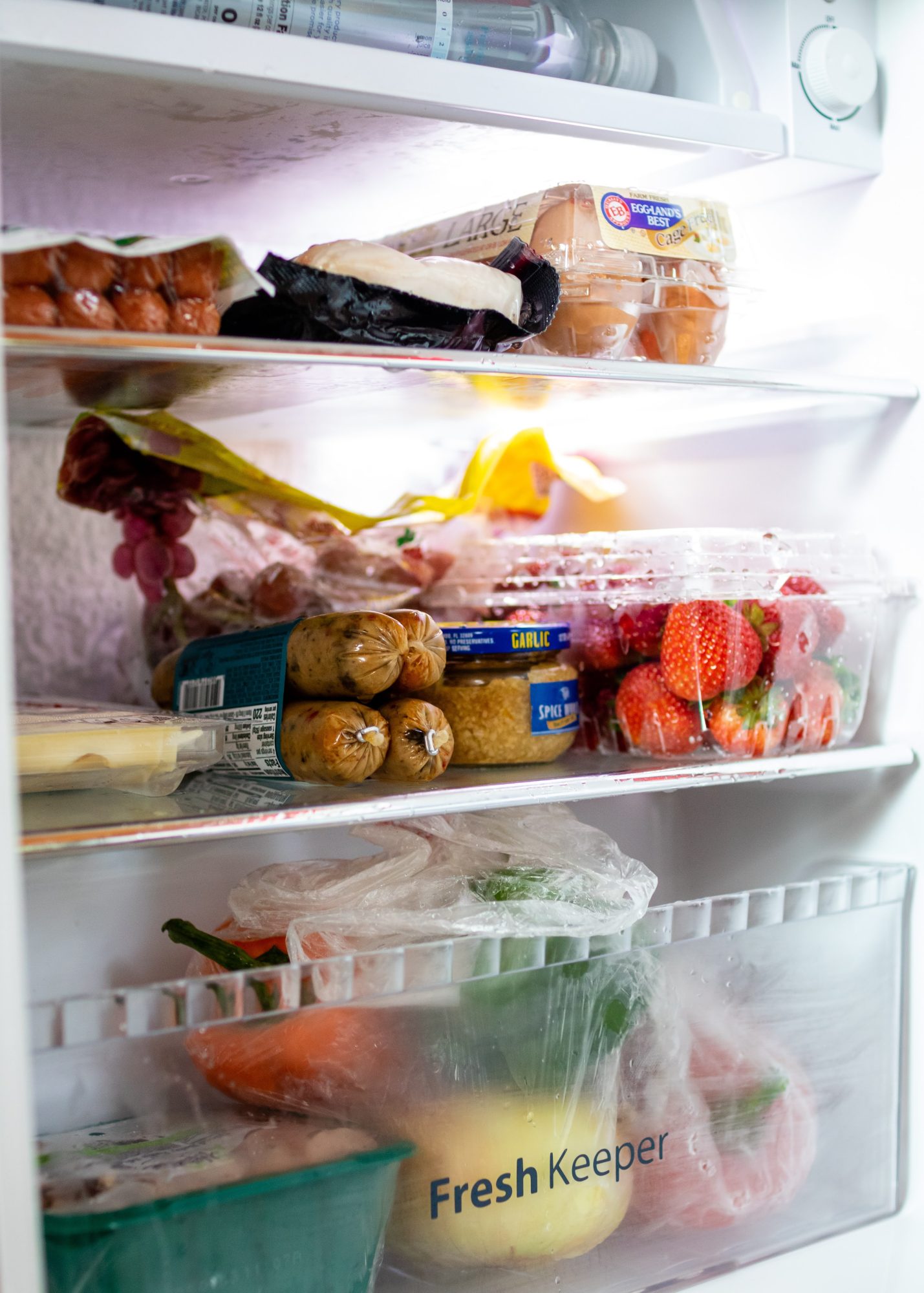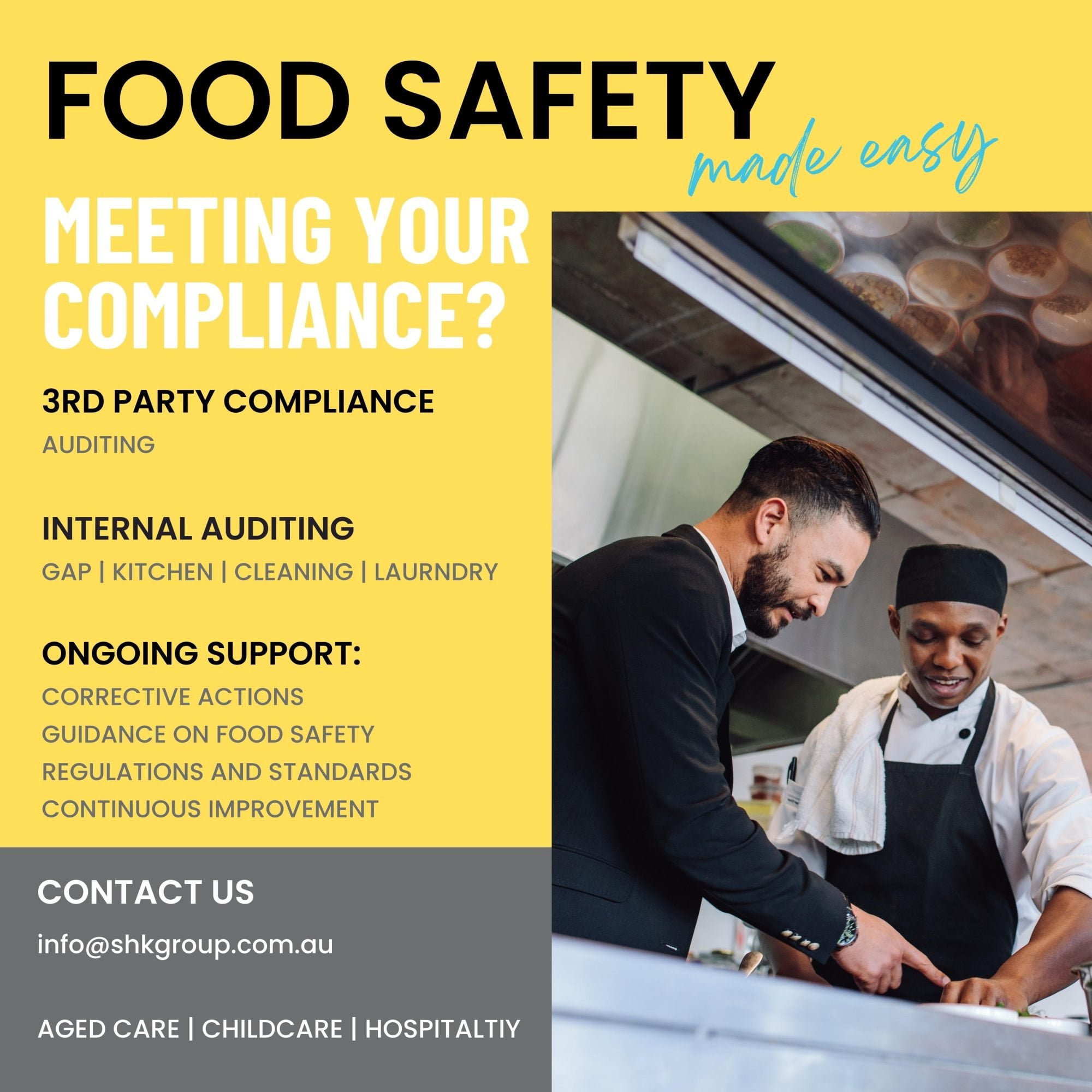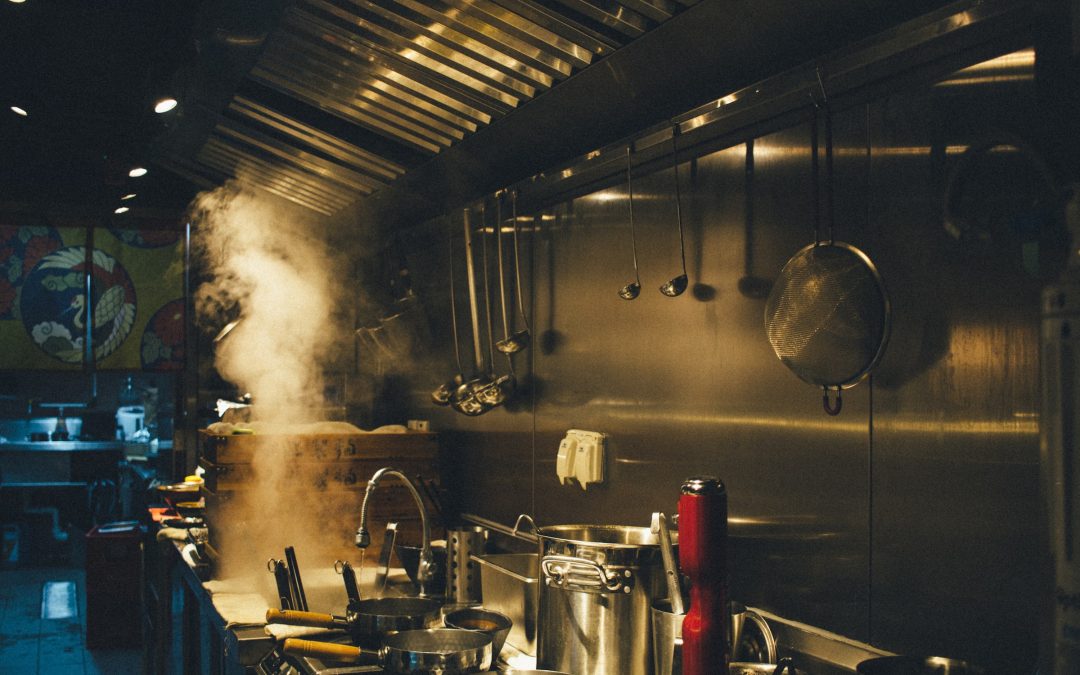Food safety, a critical concern?
Need Help with Your Food Safety Compliance? Food safety certainly is a critical concern in the food industry. Consumers rely on food manufacturers and suppliers to provide safe and high-quality products that meet their expectations. Food safety auditing is a crucial process in ensuring that food products are safe for consumption. In this blog, we will explore food safety auditing, its importance, and some best practices.
What is food safety auditing?
Auditing is a systematic process of evaluating and verifying food production processes to ensure that they meet quality standards. The auditing process involves examining the processes, equipment, and procedures used in the production of food products. It includes testing and analysing food samples to detect any potential hazards and ensure that they meet regulatory requirements.

Importance of food safety auditing
Auditing is essential in the food industry, it helps to prevent foodborne illnesses, protect public health, and reduces product recalls. It ensures that food products meet regulatory requirements and industry standards.
Here are some of the benefits.
- Reduces Foodborne Illnesses, helps to identify and address potential hazards in the production process that can cause foodborne illnesses. This helps to ensure that food products are safe for consumption, reducing the risk of illness.
- Protects Public Health: Food safety auditing keeps food products that are being produced in a safe and hygienic environment, by reducing the risk of contamination.
- Prevents Product Recalls: Product recalls can be costly for food manufacturers and can damage their reputation. Auditing prevents product recalls to identify potential hazards, by addressing the hazards before they cause harm.
Best practices for food safety auditing
To ensure effective compliance, here are some best practices that food manufacturers and suppliers should follow:
- Conduct regular audits: Food safety audits must be conducted regularly to identify potential hazards and ensure that production processes are safe and meet regulatory requirements.
- Qualified auditors: Auditors should be qualified and experienced, this ensures they can effectively identify potential hazards and recommend corrective actions.
- Follow industry standards: Food manufacturers and suppliers are to follow industry standards, like Hazard Analysis and Critical Control Points (HACCP) system, to ensure that food products are safe and meet quality standards.
- Document everything: Food manufacturers and suppliers should document everything related to food, including audit reports, corrective actions, and follow-up actions.
- Continuous improvement: Food safety auditing needs to be viewed as a continuous improvement process, with regular review of the process and recommendations for improvement.
Why do we need auditing in class 1 & class 2 premises?
Food safety auditing is necessary in all food premises, including class 1 and class 2 premises. Here are some of the reasons why:
Auditing food premises is essential to ensure that food products are safe and meet quality standards. It helps to prevent foodborne illnesses, protect public health, and reduce product recalls. Following best practices, regular audits by using qualified auditors, following industry standards, food manufacturers and suppliers can ensure their products are safe for consumption and meet regulatory requirements.
Protecting Public Health:
- Class 1 and class 2 premises are food businesses that serve a large number of people. These premises have a higher risk of foodborne illnesses, and auditing is essential to ensure that the food served is safe for consumption. Auditing helps identify potential hazards and ensure that the food is prepared, stored, and served under hygienic conditions.
Meeting Regulatory Requirements:
- Compliance auditing is required by law in many countries. Class 1 & 2lass 2 premises are subject to strict regulations, and regular auditing is necessary to ensure that they comply with the requirements. Failure to comply with these requirements can result in fines, closure of the business, or legal action.
Preventing Product Recalls:
- Product recalls can be costly for businesses, and auditing can help prevent them. Identifying potential hazards and addressing them before they cause harm, businesses will avoid costly product recalls and protect their reputation.
Improving Business Performance:
- Food safety auditing can help businesses improve their performance. By identifying areas that need improvement, businesses can make necessary changes to their processes, equipment, and procedures. This can help increase efficiency, reduce waste, and improve customer satisfaction.
Maintaining Customer Confidence:
- Class 1 and class 2 premises serve a large number of customers, and their confidence is essential. Regular auditing can help businesses demonstrate their commitment to providing safe and high-quality food products. This can help build customer trust and loyalty.
In order to safeguard public health, fulfill regulatory obligations, mitigate product recalls, enhance operational effectiveness, and uphold customer trust, the implementation of food safety auditing is imperative within class 1 and class 2 premises.

SHK Group can assist you with food safety compliance and auditing through a range of services and expertise.
Here are some ways we support you!
- Compliance assessment: we conduct a thorough assessment of your current food safety practices, policies, and procedures to identify any gaps or areas that need improvement.
- Regulatory guidance: we provide you with up-to-date knowledge and guidance on food safety regulations and standards, ensuring that your operations align with the relevant legal and industry requirements.
Need help before your compliance audits?
- Documentation Review: we review and analyse your food safety documentation, HACCP plans, standard operating procedures (SOPs), and record-keeping systems, to ensure they are comprehensive and accurate.
- Auditing Services: we conduct internal audits of your food safety management system to assess its effectiveness, identify any non-compliance issues. SHK Group help you prepare for external audits by regulatory bodies or certification agencies.
- Supplier Audits: If you work with suppliers, SHK Group can conduct audits to assess their compliance with food safety standards. This ensures that the products or ingredients you receive meet the necessary quality and safety criteria.
What about training?
- Training and education: we provide training programs and workshops on food safety practices, HACCP implementation, hygiene protocols, and other relevant topics. This helps to enhance your employees’ knowledge and awareness, ensuring compliance at all levels.
- Continuous improvement: SHK Group can assist in developing and implementing corrective actions and improvement plans based on audit findings or regulatory changes. They can help you establish a culture of continuous improvement to maintain high food safety standards.
By leveraging the expertise of SHK Group, you can enhance your food safety practices, maintain compliance with regulations, and establish a robust framework for ensuring the safety and quality of your food products.
reach out to the team at SHK Group
discuss your specific needs and get a customised service to suit your organisation.



